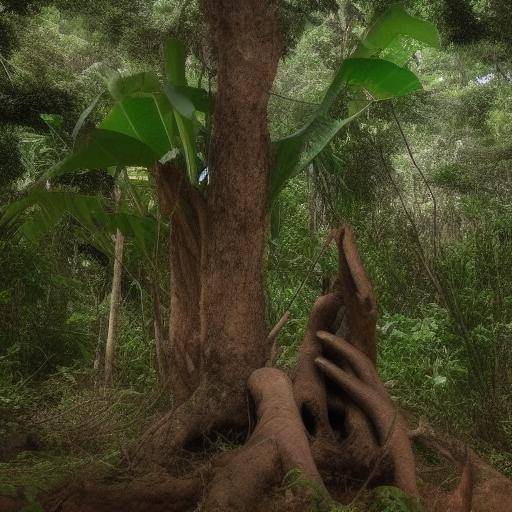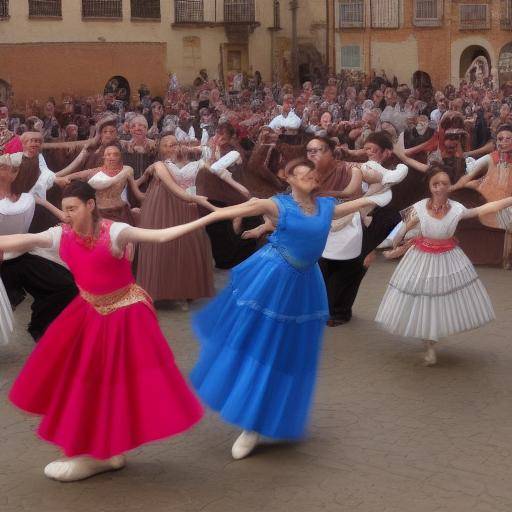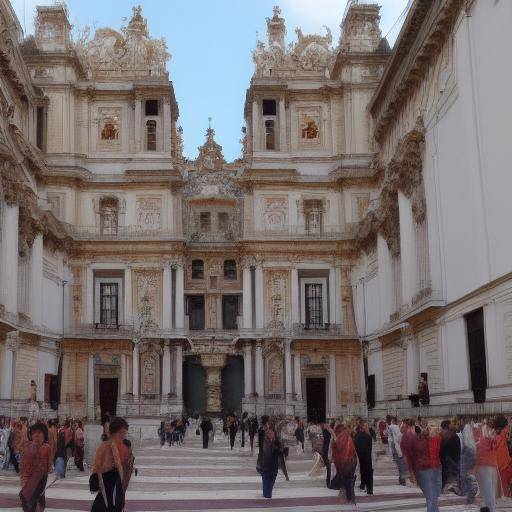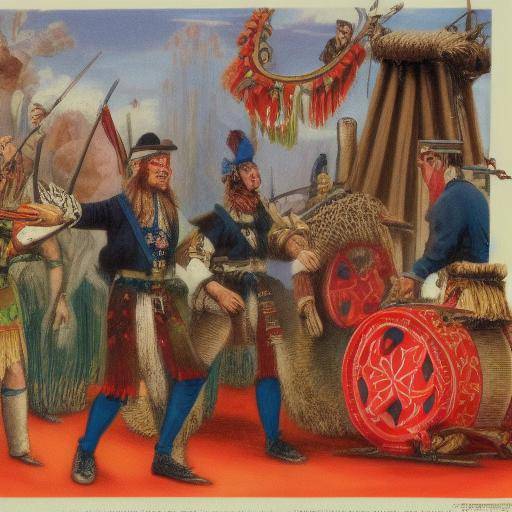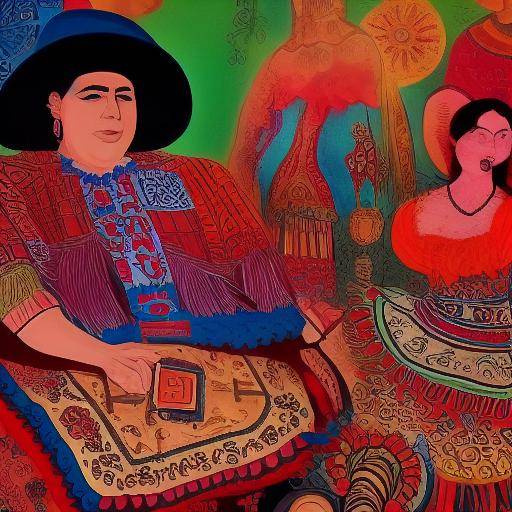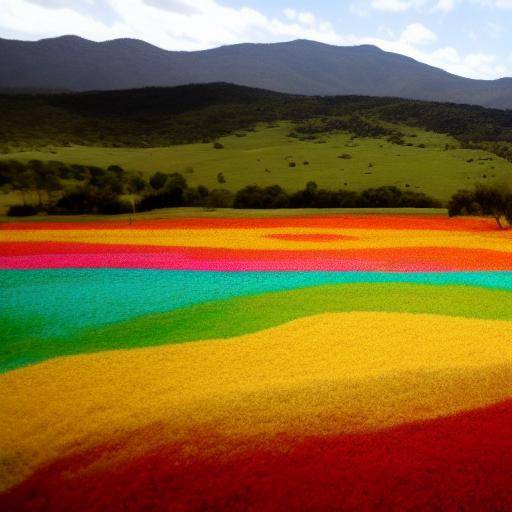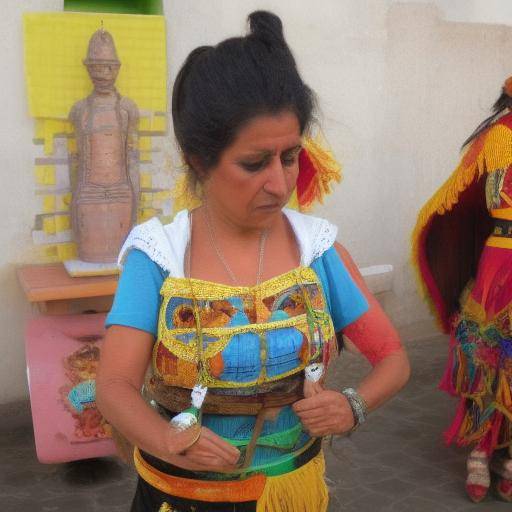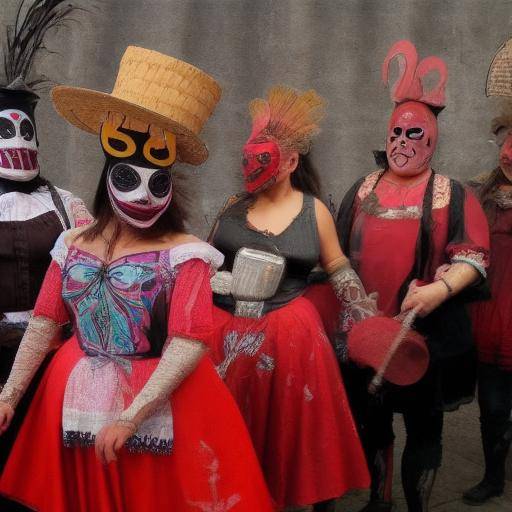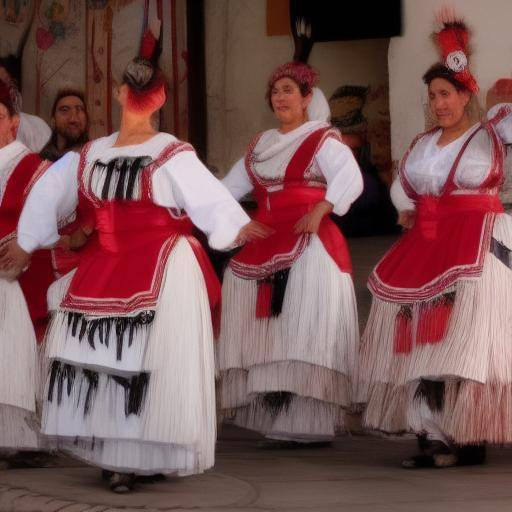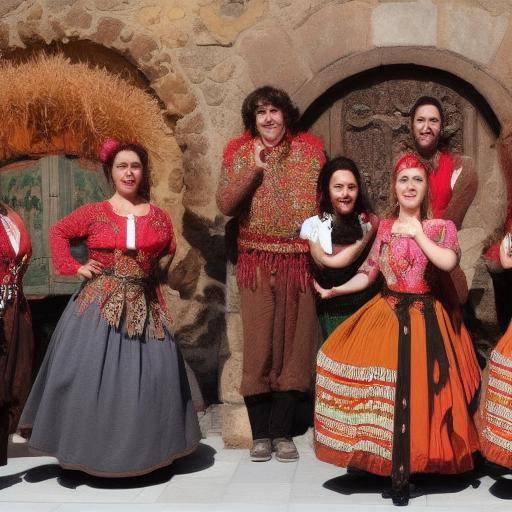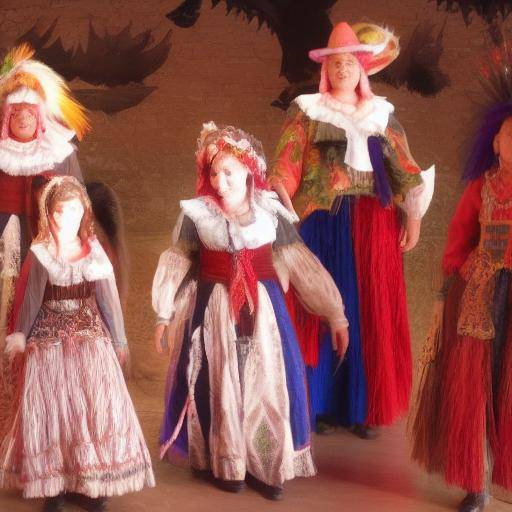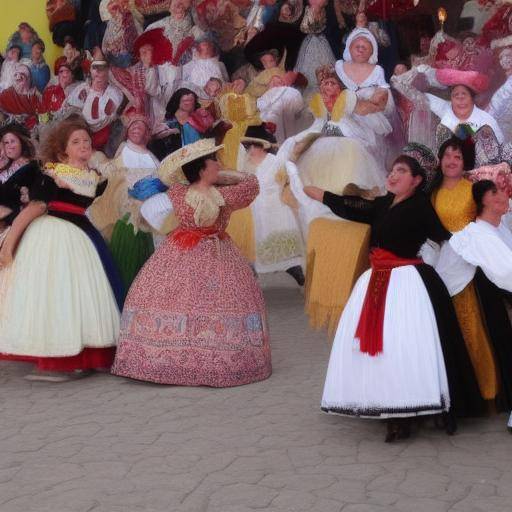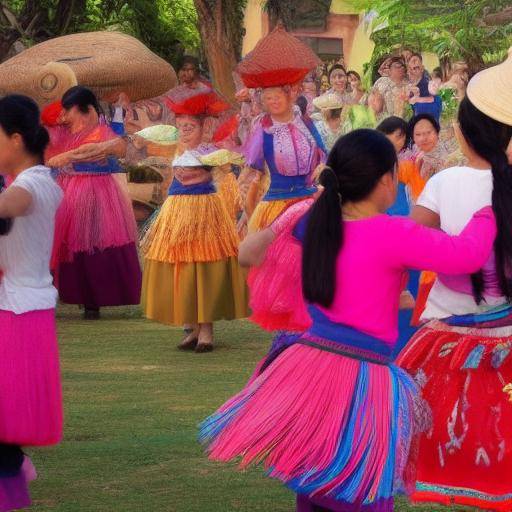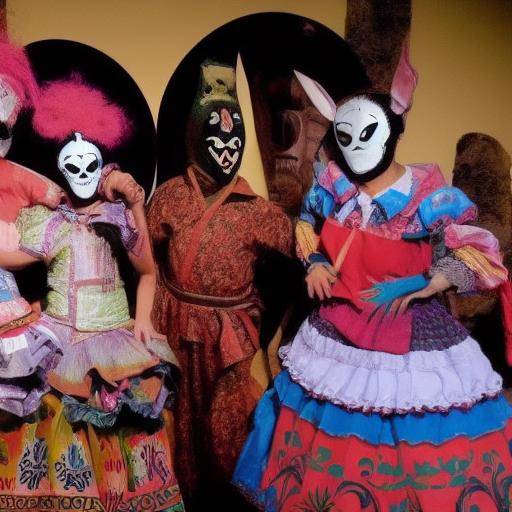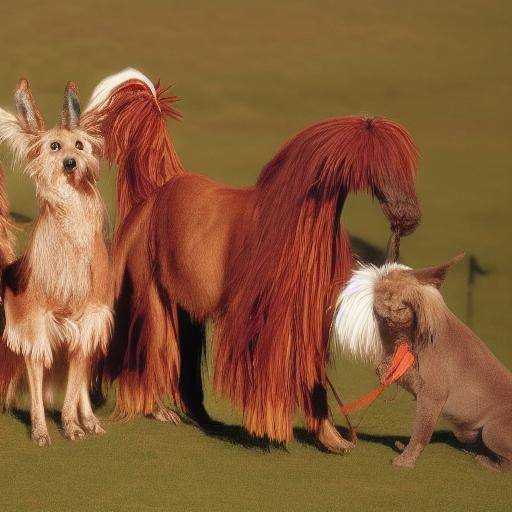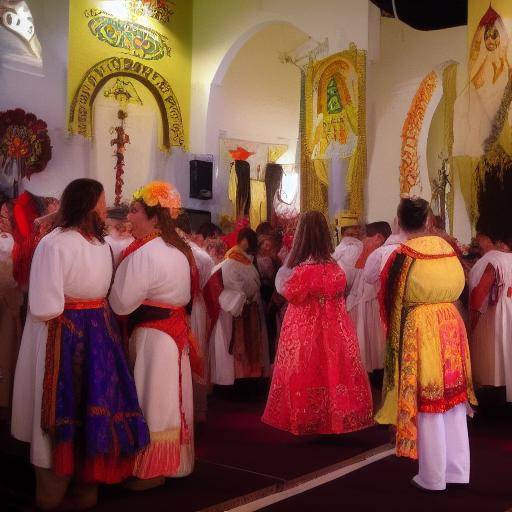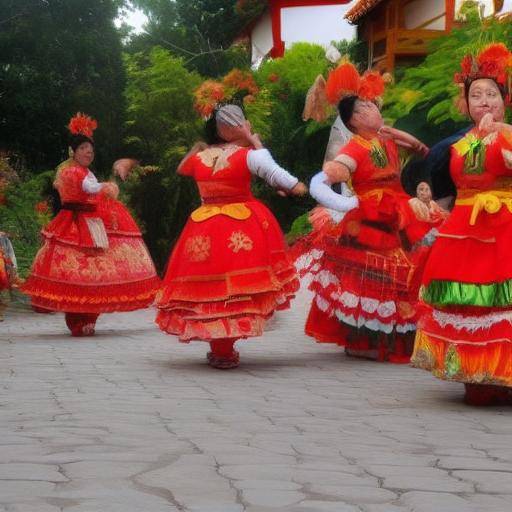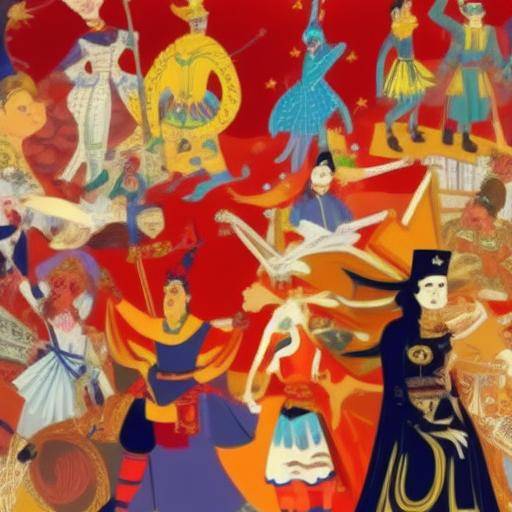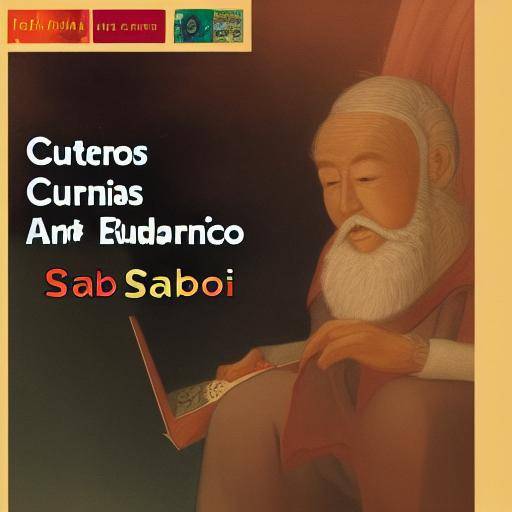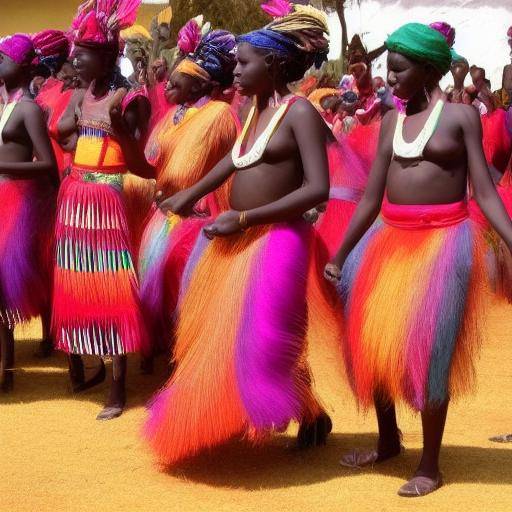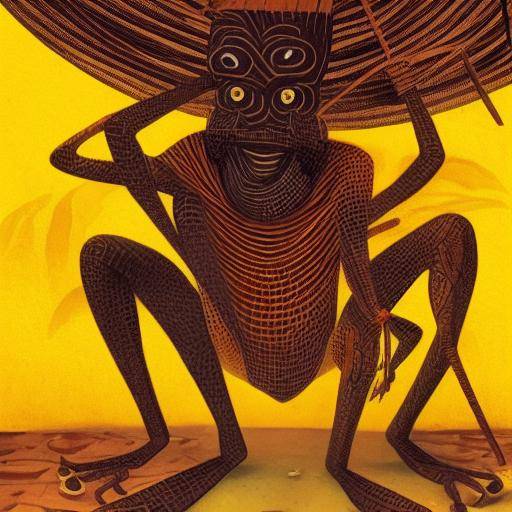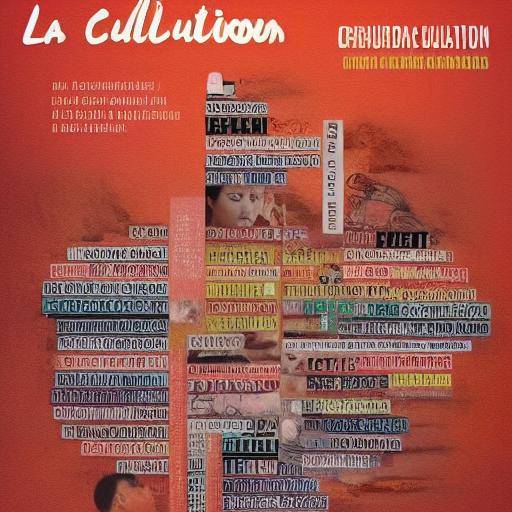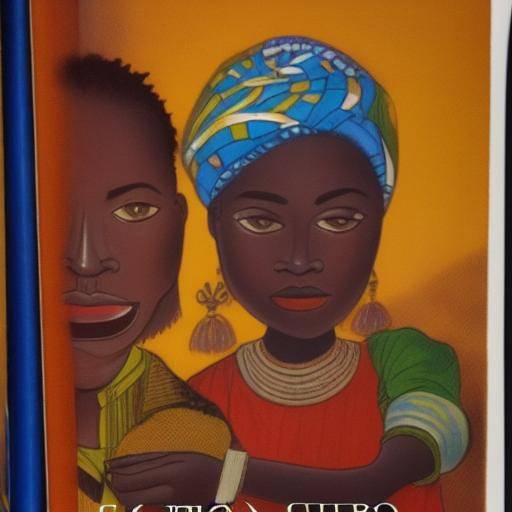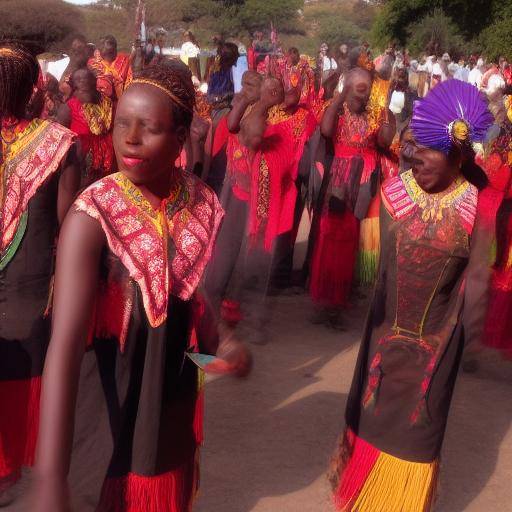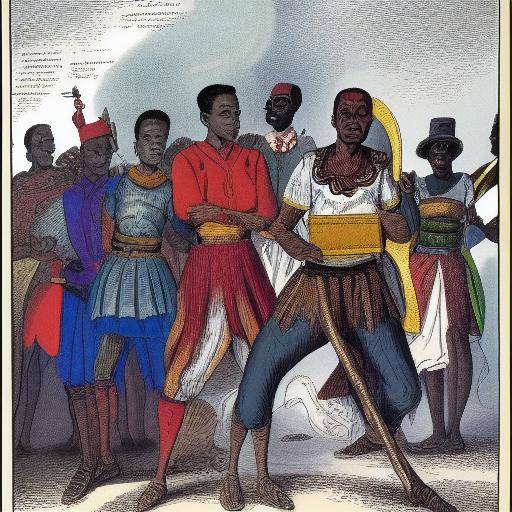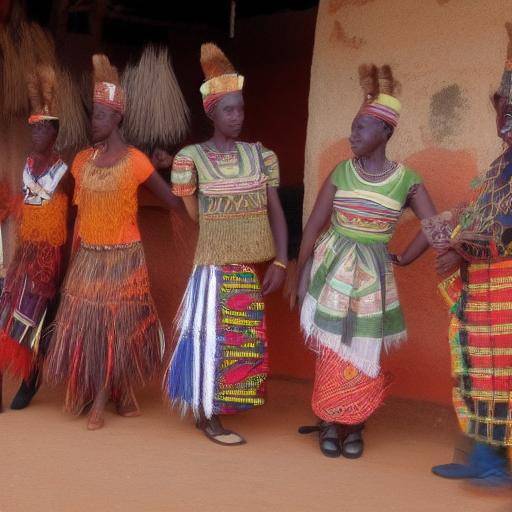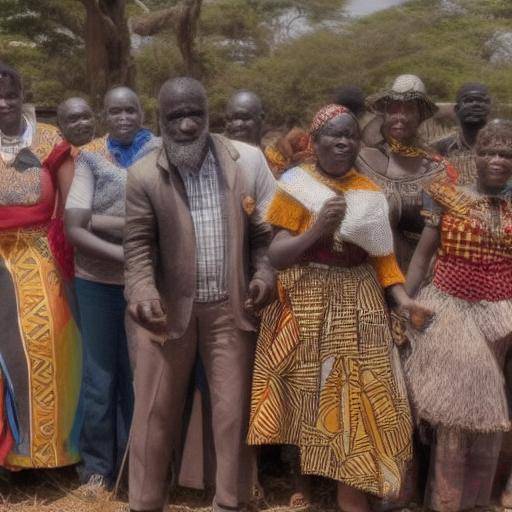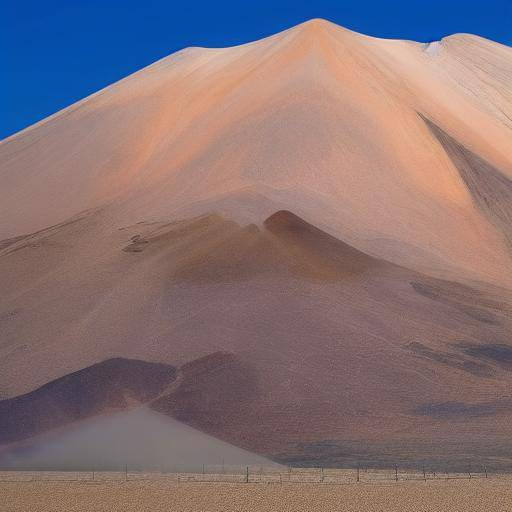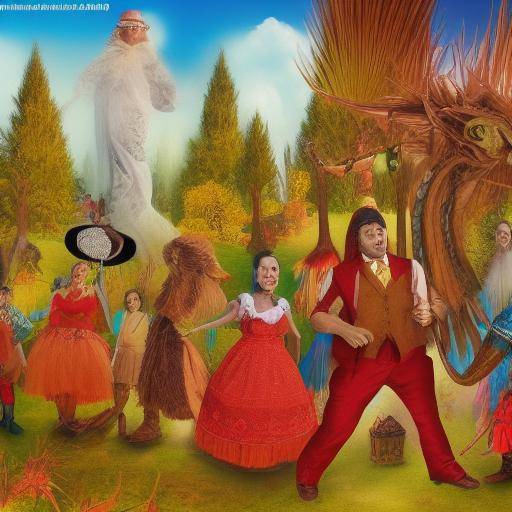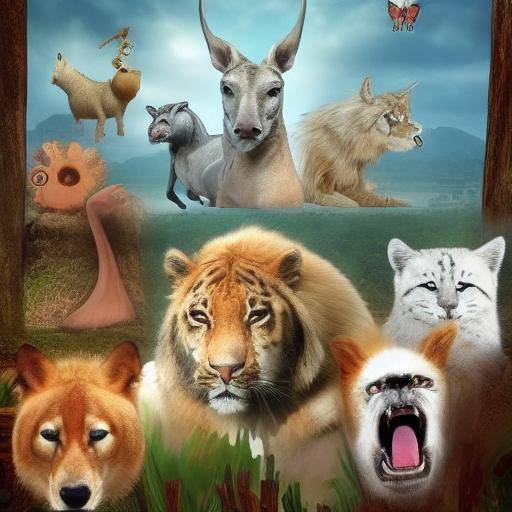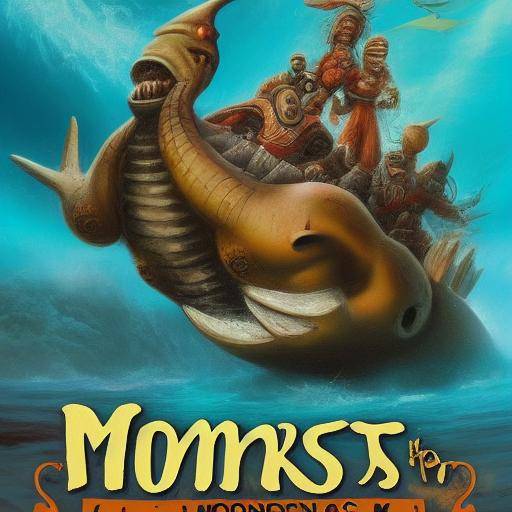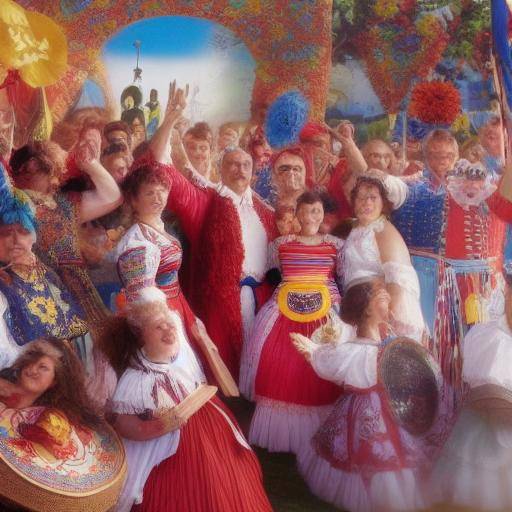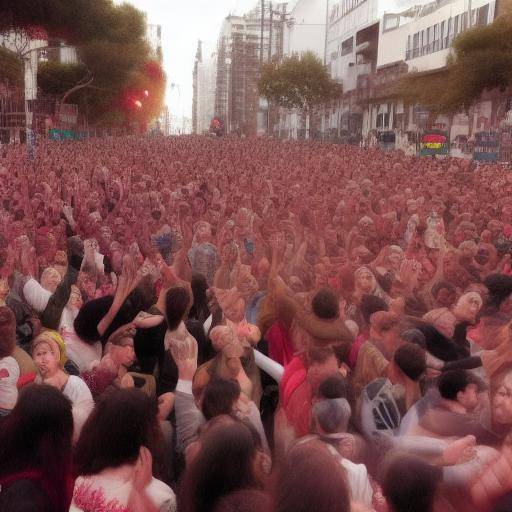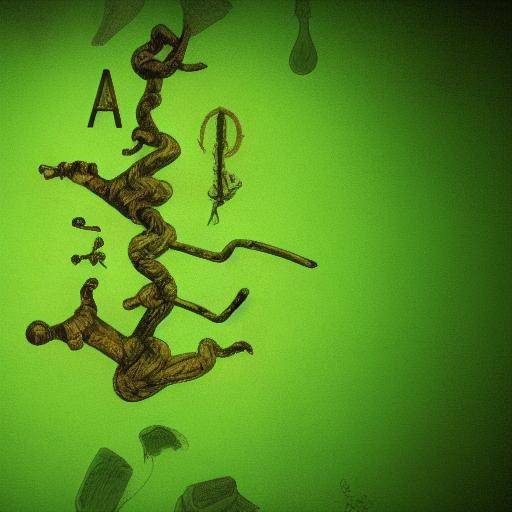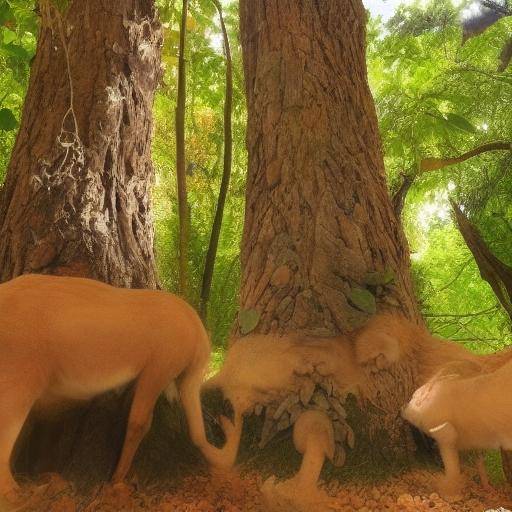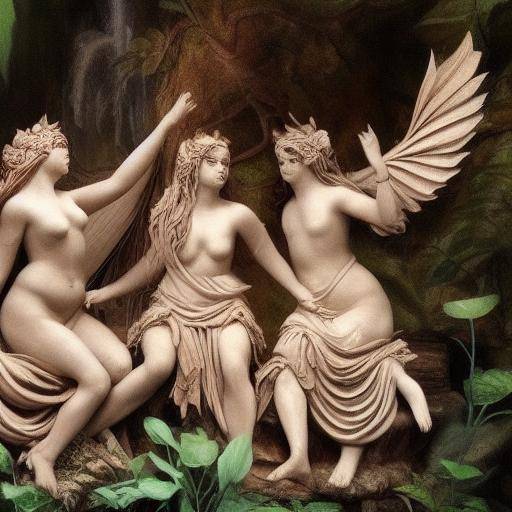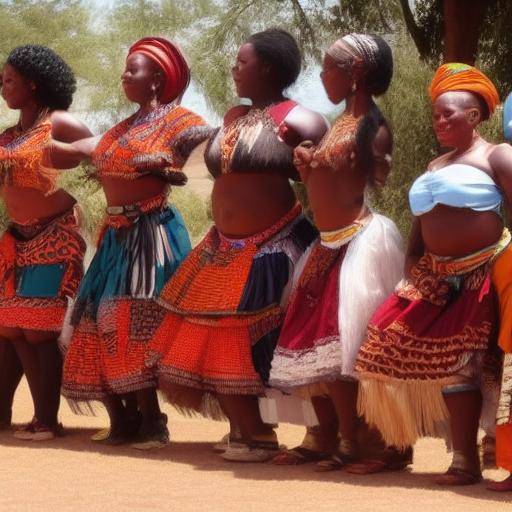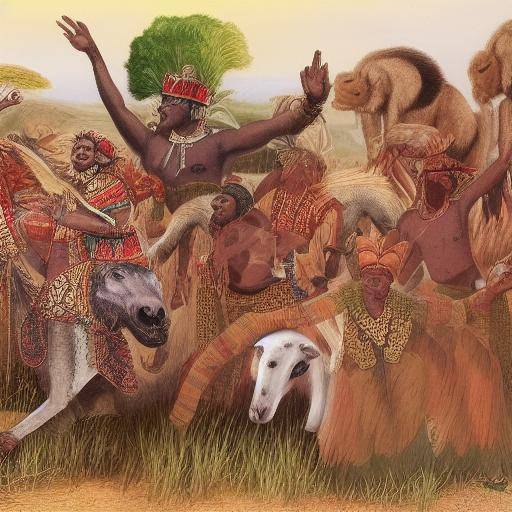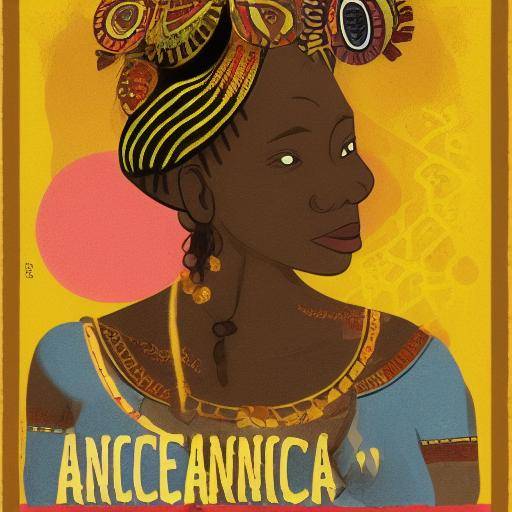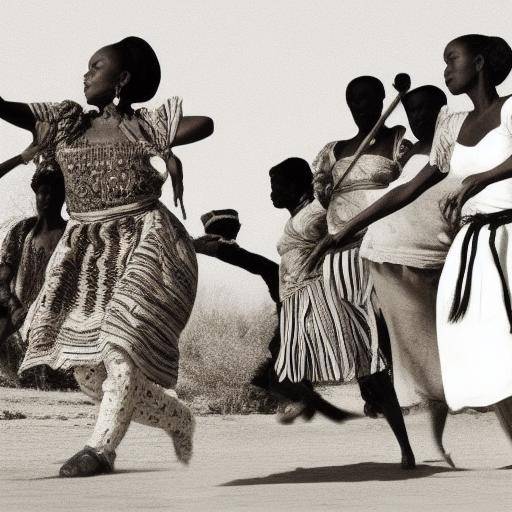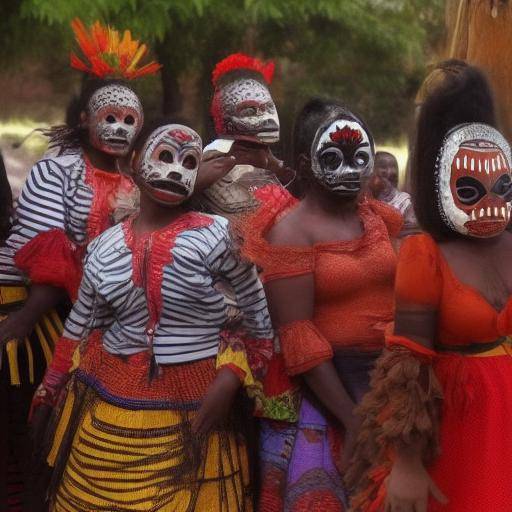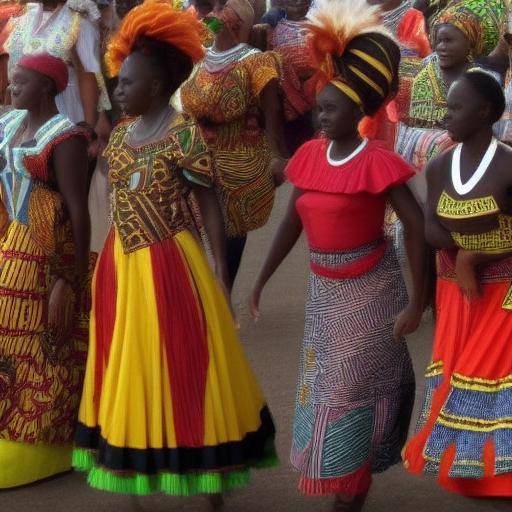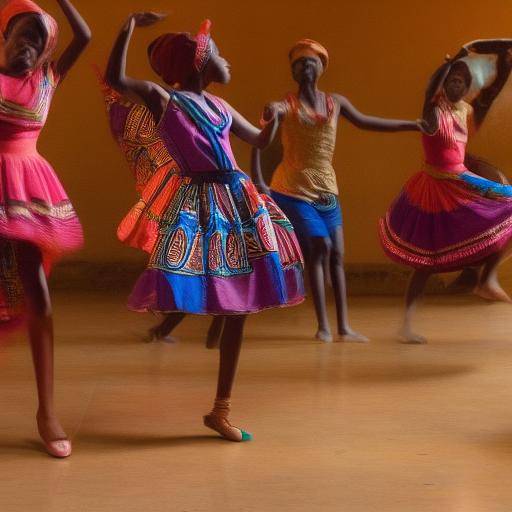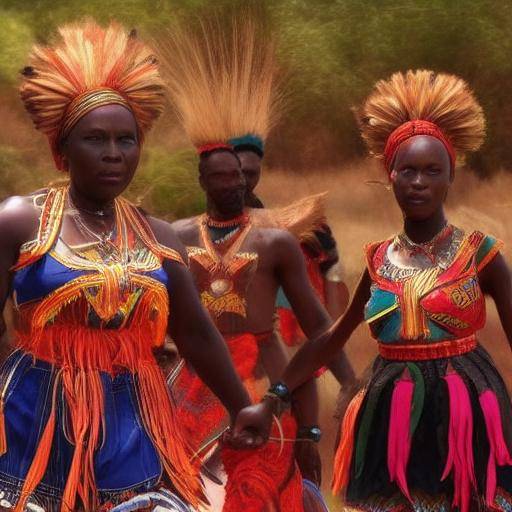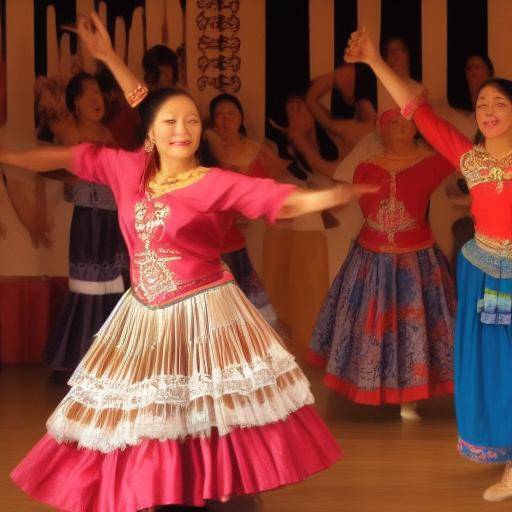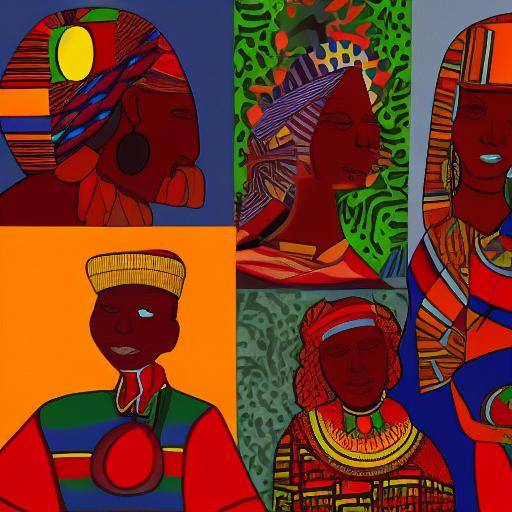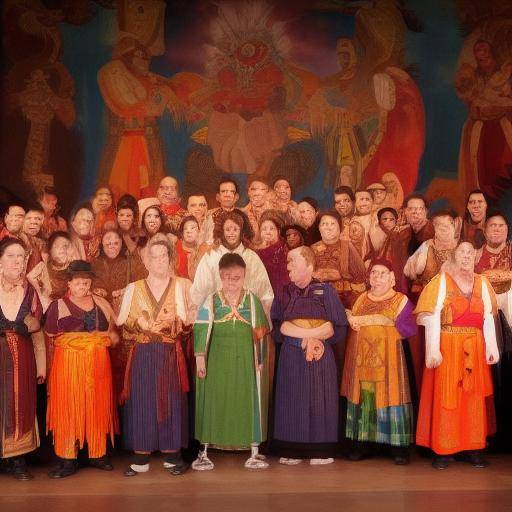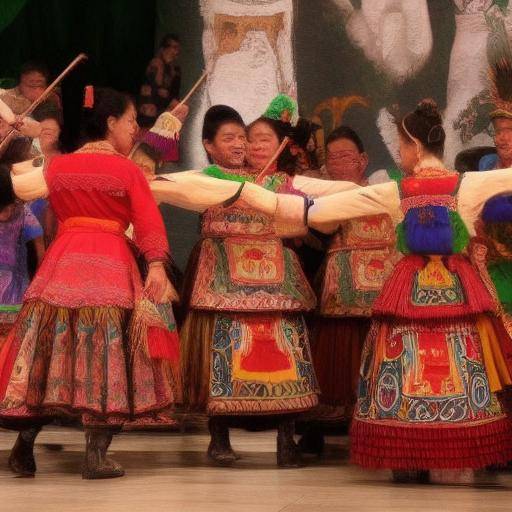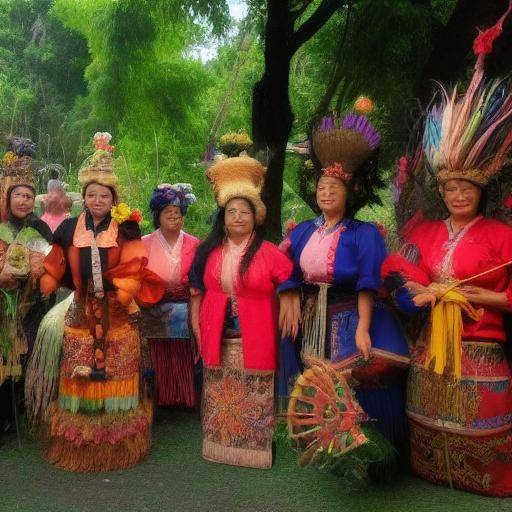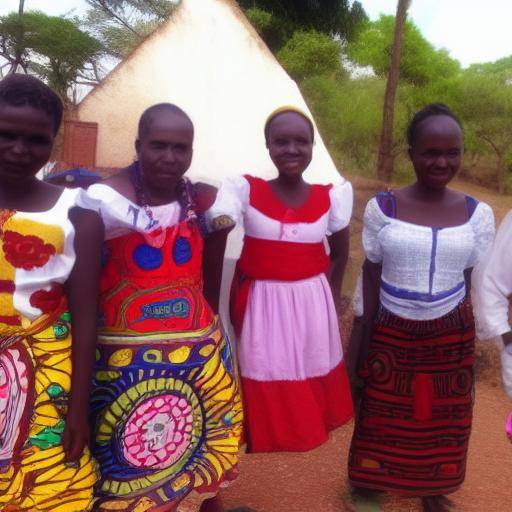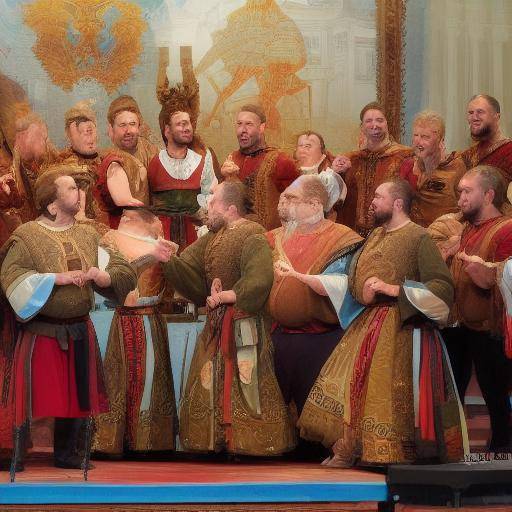
Russian folklore is impregnated with a rich diversity of gods and spirits that have captured the imagination of many generations over the centuries. From the main deities to the beings of nature, the Russian pantheon is full of mystical figures that have played a vital role in the formation of the country's culture and traditions. In this article, we will explore the Russian gods, spirits and folklore in detail, offering a profound and insightful view of these fascinating entities.
Introduction: A View to the World of the Russian Gods and Spirits
Russian folklore is a treasure of myths and legends that reflect the country's rich spiritual heritage. From the ancient gods worshipped by the Slavic tribes to the spirits of nature that continue to dwell in the forests and rivers, the world of the supernatural in Russia is vast and varied. Throughout this article, we will enter this mystical universe to discover the fascinating interaction between gods, spirits and folklore that continues to play a significant role in the daily life and celebrations of the Russians.
History and Context of Russian Folklore
Russian folklore dates back to ancient times, when the Slavic tribes worshiped a multitude of gods that personified natural elements and cosmic forces. Over time, the arrival of Christianity transformed these old beliefs, coexisting with pre-existing traditions and merging into a complex fabric of spirituality. The veneration of the gods was gradually replaced by the worship of Orthodox saints, but many aspects of the ancient pantheon survived in popular narratives and ritual practices.
Analysis in Depth of the Russian Gods
The Russian gods, known as "Slav gods," were venerated by their unique attributes and powers that reflected both natural forces and human virtues. One of the most outstanding gods is Perun, the god of thunder and storm, which symbolizes strength and might. In addition, Veles, the god of fertility and cattle, personifies prosperity and protection. These gods, along with many other minor deities, formed a pantheon complex that governed the life and traditions of the former Slavic tribes.
Influence of Spirits in Russian Folklore
The spirits of Russian folklore also play a crucial role in the people's worldview. From the domovói, protective spirits of the home, to the Russianlkas, aquatic spirits that inhabit lakes and rivers, these mystical entities are rooted in popular traditions and have been the subject of numerous stories and stories over the centuries. Interaction with these spirits is an integral part of everyday life and the Russian holidays, in which rituals are performed to maintain their favor and avoid their anger.
Comparative Analysis: Gods, Spirits and Folklore in Perspective
The comparison between the Russian gods and the spirits reveals the complex layers of Russian spirituality, where the divine and the earthly are intertwined. While the gods personify majestic and abstract forces, the spirits embody the essence of nature and everyday life. The Russian folklore, in turn, acts as a bridge that unites these entities in narratives that transmit values, morals and ancestral teachings, thus enriching the understanding of the cosmos and human existence.
Conclusion and Frequently Asked Questions
Russian folklore is a rich upholstery of gods, spirits and traditions that continues to play a vital role in Russian culture and identity. Through this exploration of the Russian gods, spirits and folklore, we have unveiled the depth of Russian spirituality and its lasting influence in society.
Frequently asked questions
1. What are some of the most recognized Russian gods?
The most recognized Russian gods include Perun, the god of thunder; Veles, the god of fertility and cattle; and Rod, the creator and protector of the ancestors.
2. Are there significant differences between the spirits of the home and the spirits of nature in Russian folklore?
Yes, the spirits of the home, like the domovói, are associated with the protection of the home and the family, while the spirits of nature, such as the Russianlkas, are linked to the aquatic elements and their influence on everyday life.
3. How has Russian folklore evolved throughout history?
Russian folklore has experienced transformations over the centuries, adapting to cultural and religious influences. However, many traditional elements and motives have endured, enriching the spiritual identity of the Russian people.
4. Is there an important holiday that pays tribute to the Russian gods and the spirits?
The festival of Yarilo, which commemorates the arrival of spring and the renewal of nature, usually includes rituals and celebrations dedicated to honoring the gods and spirits in the Russian tradition.
5. How does Russian folklore influence contemporary arts and literature?
Russian folklore has been an inspiring source for artists, writers and composers, who have incorporated their elements into works of art, literature and music, keeping alive tradition and cultural legacy.
6. What is the most significant legacy that the Russian gods, spirits and folklore have left in modern society?
The legacy of the Russian gods, spirits and folklore is reflected in the Russian worldview and traditions, which continue to enrich everyday life and celebrations, transmitting values and beliefs rooted in national identity.
In short, the gods, the spirits and the Russian folklore represent a mystical world that has endured over the centuries, weaving a spiritual narrative that remains an integral part of life and culture in Russia. The study and appreciation of these venerable entities immerse us in the rich upholstery of Russian tradition, revealing the depth of their spirituality and their lasting legacy in time.

